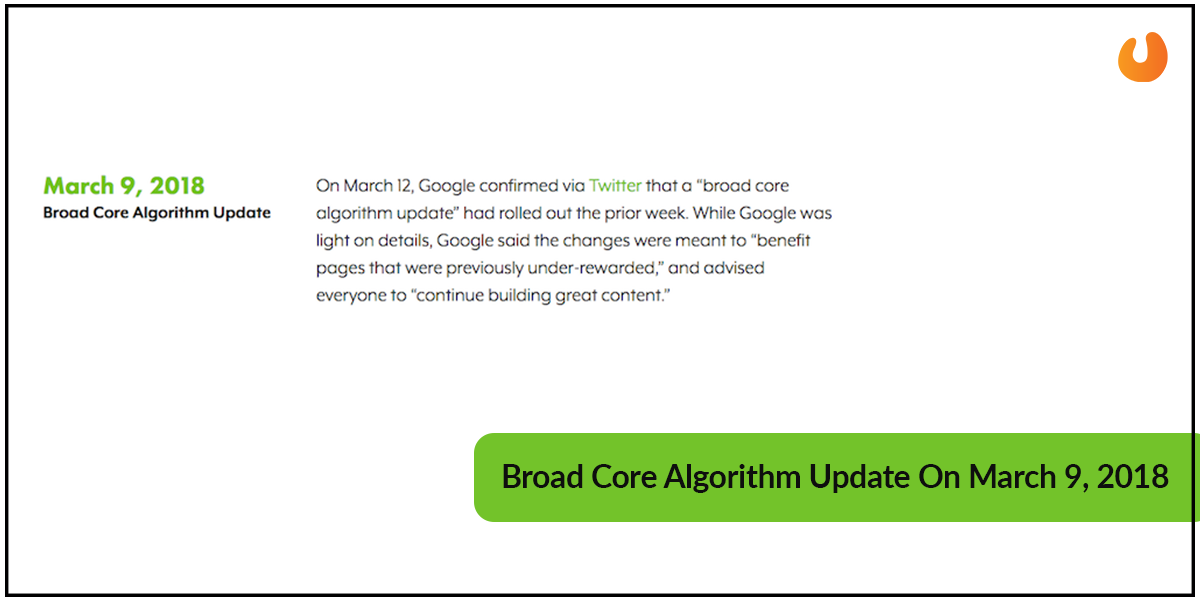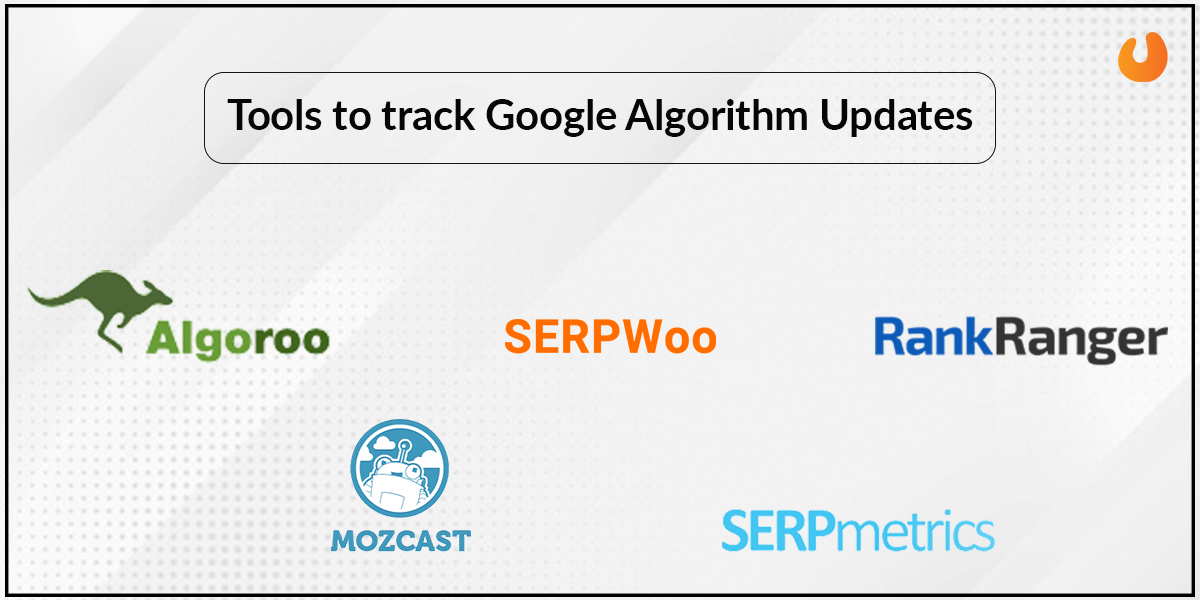Tracking Google Algorithm updates could well be a tricky task. It has been witnessed in the past time and time again that a Google algorithm change or update could either help or hurt you. But thanks to the resources and monitoring tools available to track ranking fluctuations and SERP volatility, things look manageable.
Online marketing services have emerged with great belief, and the future looks promising with it. Witnessing your website right at the top of search results is an impeccable feeling, and the only thing you need to thank for that is the Google Search algorithm.
Google’s search algorithm determines where your content would be ranking when someone types in the search bar. Different factors account a website to shoot up in the search rankings. There are over 200 factors that affect Google rankings, some of these factors are,
- Links
- Keywords
- Page Speed
- Mobile-friendliness
There have been rumors of volatility in the SERPS that have been observed and reported by the algorithm watchers and tracking tools. However, these updates were never officially confirmed by Google.
Why one should be tracking Google Updates?
Before jumping to how to track Google Search Algorithm updates in internet marketing, it is essential to know what’s the need for tracking these updates.

When you are in the profession of optimizing a website and have made up your mind, it is sensible to keep track of the essential updates that could impact your SEO services, tactics, and strategies. A change in the algorithm could either make your or break your,
- Organic search traffic
- Conversions
- Search ranking and visibility
- Return on Investment (ROI)
- Revenue
An algorithm isn’t a way Google punishes websites, instead, they reward websites for providing relevant content and exhilarating user experience.
Where can you track Google Algorithm updates?
Many SEO blogs have been covering almost all types of search updates. Below are a few resources you can use to keep track of Google Algorithm updates.
Also, Read – Schema Markup: All You Need To Know
Broad Core Algorithm Update On March 9, 2018
On March 12, Google confirmed on their official Twitter handle that the broad core algorithm update has rolled out the prior week. While Google was light on sharing the details but mentioned that these changes were meant to benefit pages that weren’t rewarded originally.

Maccabees Update On December 12, 2017
Many search communities reported their websites got hit by updates between December 12 and 14. Regarding the same, Google made several minor changes to the core algorithm during the timeframe. But at the same time, downplayed the significance of the period of alteration.
Tools to track Google Algorithm Updates
Now when you are more than clear on why you should be tracking Google Algorithm Updates, let us dive into the list of tools available for tracking these updates.

MozCast
First on this list is MozCast. The tool in the style of a weather report gives a ‘temperature’ representing how bumpy Google’s Algorithm has been for every 24 hours for the past 30 days. If the temperature is hotter and stormier, it means the Google rankings are fluctuating.
SEMrush Sensor
Considered among the most promising algorithm tracking tools, SEMrush Sensor helps you to witness the ranking changes/fluctuations. These changes are broken down into more than 20 categories (desktop and mobile combined) by device, location, and SERP device.
Rank Ranger Rank Risk Index Tool
The Rank Ranger tool monitors over 10,000 domains and keywords on a daily basis to identify the ranking patterns. It also tracks volatility in Google’s desktop and mobile search results, which is a key aspect of site ranking.
Accuranker ‘Grump’ Rating
With Accuranker, you can find the current ‘mood’ of Google. The tool highlights all the fluctuations in Google’s algorithm that can be tracked by country and devices.
Algoroo
Algoroo tracks the fluctuations for around 17,000 keywords (both desktop and mobile) with the use of a flux metric named ‘roo.’ A higher roo indicates high volatility, whereas, a low roo indicates an ordinary day in the office.
Penguin Tool
The next tool on the list is Panguin. It is a free SEO tool that helps you to investigate whether you have been impacted by Google’s algorithm updates or not. Panguin uses several filters to overlay known algorithm updates and display them on the top of your Google Analytics data.
Time to wrap up: Well, this is not the end for the tools required to measure the Google search algorithm. There are many other tools that an SEO agency always focuses on measuring Google’s constantly changing search algorithm. Most of these tools help you in understanding the difference between an update and organic traffic. Monitoring all the updates launched by Google is a different thing, but, at the same time, it is imperious to understand the ever-changing Goole algorithms and adjust your strategy accordingly as they occur.






